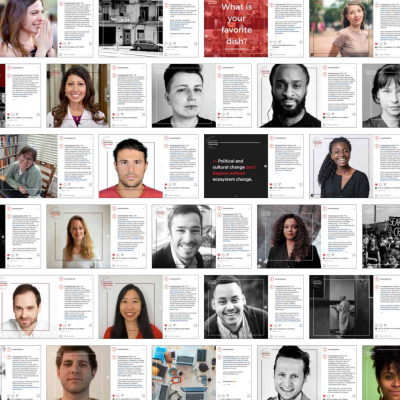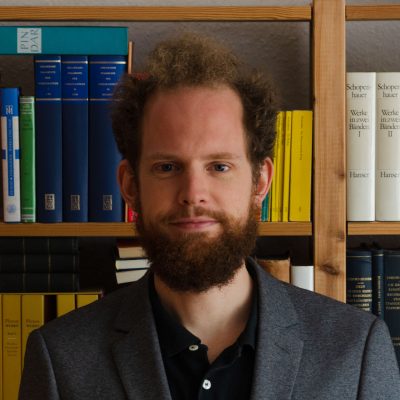Details
Article
The First Leadership course of The Humanize Project organized by Landecker Fellow Nasim took place last from 16th to the 18th of September in Edinburgh (UK). Throughout the course, participants explored their individual capacity of becoming agents of change.
“We explored the concepts and practice of deep listening, community and trust. We also explored the importance of having meaningful conversations to create social cohesion, build bridges and inspire to action,” Nasim shared.

Participants had meaningful conversations with strangers about the following topics:
- How do we create more spaces within Scotland to allow for interracial integration?
- What qualities are needed from all of us as individuals to build a sense of community within the organizations we are part of?
- How do we ensure that people in our communities feel a part of it?
- What conditions do we need to put in place to allow for this to happen?
The Leadership Course was attended by individuals from various underrepresented groups in the UK. “Us as facilitators were also representing underrepresented group (Ecuador and Cameroon),” Nasim adds. In total, the Course included 8 different nationalities talking about community building initiatives.
It was an incredibly diverse space where dialogue was happening!
The Humanize Project allowed its participants to connect with people with similar ideas and purpose. What is more, some of the youth have already started collaborating together in their own project to create social cohesion and inspire interracial and interfaith dialogues.

- To learn more about The Humanize Project, click here.
Nasim is one of thirty 2021-2022 Landecker Democracy Fellows. This Fellowship, a collaboration between the Alfred Landecker Foundation and Humanity in Action, was created to strengthen a new generation of leaders whose approaches to political and social challenges can become catalysts for democratic placemaking and community building. Read more about the Fellowship here.





